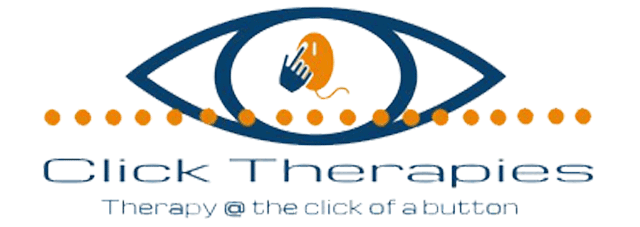Overcome Your Battle Against Panic Attacks With Online Therapy
Panic disorder is a type of anxiety that is made up of sudden rushes of fear, known as panic attacks, combined with persistent worry about the future recurrence of a panic attack.
Many people often mistake a panic attack for a heart attack or other life-threatening medical emergency due to the intensity of the feelings that go along with panic.
Sometimes concern about future panic attacks becomes so severe, people reduce their activity and stop engaging in important functions such as going to work, or even leaving the house.
Find out more about how we can help you overcome your panic attacks.
FAQs.
What is panic disorder?
What type of therapy will help my panics?
Significant research has proven cognitive behavioural therapy (CBT) to be the most effective treatment for panic attacks and panic disorder. In numerous studies, CBT has far outperformed all other psychological treatments, including anti-anxiety medication.
What are symptoms of panic disorder?
- racing heartbeat or palpitations
- shortness of breath
- feeling like you are choking
- dizziness (vertigo)
- lightheadedness
- nausea
- sweating or chills
- shaking or trembling
- changes in mental state, including a feeling of derealization (feeling of unreality) or depersonalization (being detached from oneself)
- numbness or tingling in your hands or feet
- chest pain or tightness
- fear that you might die
When might I have panic attacks?
Can therapy help my panic disorder?
How long should I use your services?
This really depends on the severity of your mental health. However, we recommend our clients meet with their therapist for a minimum of six sessions in order to uncover some of the valuable lessons and teachings that you can begin to use in your day to day life that will help you to deal with your mental health for the rest of your life.
Can I choose my own therapist?
Does online therapy really work?
Absolutely! There are a wide selection of studies that prove online therapy is just as effective, if not more effective, than traditional face-to-face therapy. Our therapy provides you with the information, tools and guidance that you need to overcome your problems, with the help of your therapist.
How do I speak to my therapist?
You will communicate with your therapist via a secure, encrypted, online video call. The software we use is called Zoom which is really simple and easy to use. If at any point you would like to speak to somebody, you can contact us through our website and we’ll be on hand ASAP.
Is my information secured & confidential?
Yes! All of the information you provide is saved anonymously on our secure system that has been approved by the National Care Guidelines. Only you and your therapist will know what has been discussed. If you would like any information to be deleted or kept “off-record” simply let your therapist know and they’ll ensure everything is deleted straight away.
